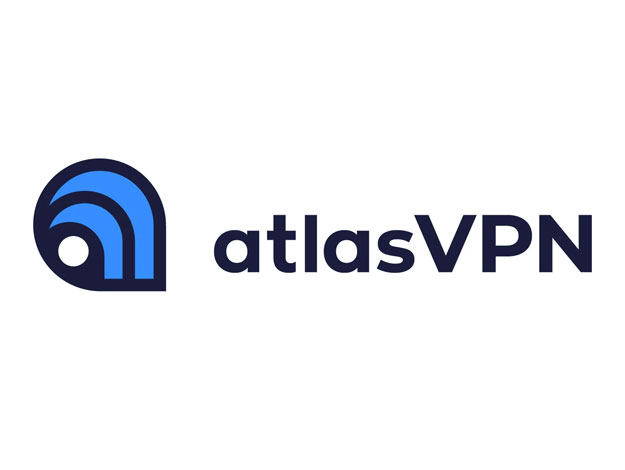Atlas VPN, a relatively new player in the VPN industry, has quickly gained attention for its blend of affordability and robust features. This comprehensive review examines Atlas VPN’s key attributes, performance, and overall value proposition in 2024.
Key Features and Security
Atlas VPN offers a solid set of features designed to enhance online privacy and security:
- SafeSwap Servers: Allows users to have multiple, rotating IP addresses during a single session.
- MultiHop+: Routes traffic through multiple servers for enhanced privacy.
- Data Breach Monitor: Alerts users if their personal information appears in known data breaches.
- Kill Switch: Automatically disconnects internet if the VPN connection drops.
- Strong Encryption: Uses AES-256 encryption to secure user data.
- No-Logs Policy: Claims to not store user data, though not yet independently audited.
Server Network
Atlas VPN’s server network, while not the largest, is growing:
- Over 1,000 servers in 40+ locations across 38 countries.
- Offers specialized streaming servers for improved performance.
- P2P-friendly servers available for torrenting.
Performance and Speed
Atlas VPN offers competitive speeds, especially with its WireGuard implementation:
- Recent speed tests show an average speed reduction of 25-35% when connected to nearby servers.
- The WireGuard protocol provides the best performance, with some tests showing minimal speed loss.
- Long-distance connections may experience more significant speed reductions.
User Experience and Compatibility
Atlas VPN provides a user-friendly experience with growing device support:
- Intuitive apps available for Windows, macOS, iOS, Android, and Android TV.
- Allows unlimited simultaneous connections, a standout feature in the VPN market.
- User interface is clean and easy to navigate, suitable for VPN beginners.
Streaming and P2P
Atlas VPN performs well for both streaming and torrenting:
- Successfully unblocks major streaming platforms including Netflix, Amazon Prime Video, and BBC iPlayer.
- Supports P2P activities on designated servers, making it suitable for torrenting.
Pricing and Plans
Atlas VPN offers very competitive pricing, especially for long-term plans:
- 1-month plan: Starting at $10.99/month
- 1-year plan: $3.29/month (billed annually)
- 3-year plan: $1.82/month (billed every three years)
Atlas VPN also offers a free tier with limited server options and data cap.
Customer Support
Atlas VPN’s customer support is improving but still has room for growth:
- 24/7 email support for all users.
- Live chat support available for premium users.
- Knowledge base with setup guides and FAQs on their website.
Pros and Cons
Pros:
- Very affordable pricing, especially for long-term plans
- Unlimited simultaneous connections
- Strong security features including SafeSwap and MultiHop+
- Good streaming performance
- User-friendly interface
Cons:
- Smaller server network compared to established competitors
- No independent audit of no-logs policy
- Limited advanced features for power users
Conclusion
Atlas VPN has quickly established itself as a compelling option in the VPN market in 2024. Its combination of affordable pricing, unlimited simultaneous connections, and innovative features like SafeSwap and MultiHop+ make it an attractive choice for budget-conscious users who don’t want to compromise on security.
While Atlas VPN may not have the extensive server network or advanced features of some long-established competitors, it offers excellent value for money, especially with its long-term plans. The service’s strong performance in streaming and user-friendly interface make it particularly appealing to VPN newcomers and casual users.
Despite some limitations, such as the lack of an independent audit for its no-logs policy and a smaller server network, Atlas VPN’s overall package of features, performance, and affordability makes it a strong contender in the VPN market. It’s particularly well-suited for users looking for a budget-friendly VPN solution that doesn’t skimp on essential security features and allows for unlimited device connections.
Sources

Leave a Reply